Julia Riew is a composer-lyricist, playwright, and novelist best known for her viral hit DIVE, a reimagining of the Korean folktale “Shimcheong,” which is currently being developed for the stage at the American Repertory Theater. In addition to winning the 2022 Fred Ebb Award for Musical Theater Songwriting, Julia has been Playbill’s Featured Songwriter of the Month, a Woman to Watch on Broadway, and a Princess Grace Honoraria recipient. Julia was a member of Phi Beta Kappa and graduated magna cum laude from Harvard in 2022 with a BA in theater and music.
Brad Riew is an MFA candidate in Fiction at New York University’s creative writing program. He graduated from Harvard College in 2018 with a degree in Psychology, where he won the Ecker Short Story Prize. The Last Tiger, co-written with his younger sister Julia Riew, is his first novel. Brad lives in Brooklyn, New York.
I had the opportunity to interview both Julia and Brad, which you can read below.
First of all, welcome to Geeks OUT! Could you tell us a little about yourselves?
Thank you! We are a Korean-American sibling duo writing team, Julia Riew and Brad Riew, and we were both raised in St. Louis, Missouri and currently live in New York.
What can you tell us about your debut book, The Last Tiger? What was the inspiration for this story?
Our grandparents lived during some of the darkest and most turbulent times in Korean history, but through it all, they managed to have this incredibly cinematic, beautiful forbidden romance. Inspired by the story of how their love overcame colonization, class differences, distance, and time, we were moved to write The Last Tiger, a romantic fantasy YA novel set in a magical world inspired by our grandparents’ youth.
The story is about star-crossed teens, Seung and Eunji, who come from opposite worlds, yet are both trapped within their respective fates as citizens of the colonized Tiger Colonies. Part I begins in our heroes’ small hometown, Kidoh––but as we enter Parts II and III, their worlds expand…what starts off as a quiet, two-person rebellion grows into a full-scale revolution against the oppressive Dragon Empire.
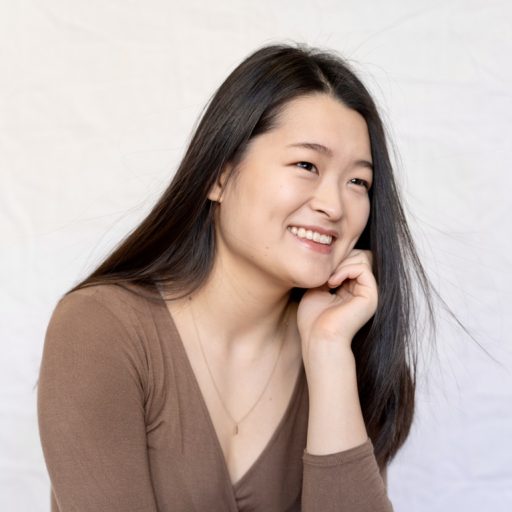
As a writer, what drew you to the art of storytelling, particularly young adult fiction, fantasy, and romance?
To me, storytelling is the best way to practice empathy. I’ve always loved the process of stepping into someone else’s head for a couple hundred pages (or in the example of watching a piece of live theater, going on a journey with hundreds of others in a dark room for two hours)––it’s the best way to learn more about how others think, to experience a new world, and to develop a better understanding for someone who may be very different from us.
From my earliest childhood memories, all of the games that Brad and I would play centered around storytelling. We’d play “Pokemon” or “Star Wars” or “Harry Potter” but the “play” basically consisted of Brad telling stories while our other brother Grant and I jumped around on the beds and acted the stories out. As we got older, I began contributing to the stories more…we wrote our first “book” when I was 8 and Brad was 12––it was a choose-your-own-adventure time travel story. And eventually, we were collaborating on countless story ideas: The First Tiger may be our debut novel, but it’s one of many Brad and Julia Stories.
We believe that fantasy as a genre can also be a wonderful way to tell emotional truths in an even more vivid manner than real life. In our novel, magic serves as a fun and accessible way to tell deeper stories about suffering, oppression, love, and freedom. It’s a way to mix whimsy with politics, emotion, and spirituality, to make entertainment and education two sides of the same coin, and to engage young readers, hoping to stimulate their own opinions and ideas about human nature outside the context of the world as we think we know it. Additionally, as Korean-American authors who belong to a global diaspora, writing in the fantasy genre gives us the liberty to invent places and people who truly resonate with us culturally; room to build worlds that may not yet exist in our reality, where we can mix elements of Korean and American sensibilities. Although our story is rooted in a Korean past, it’s meant to speak to young people like ourselves, growing up in a global yet fragmented world.
How would you describe your creative process?
On Mother’s Day, 2021, Brad and I were eating at the dinner table, and I turned to him and said, “What if we wrote a YA Fantasy novel inspired by Grandma and Grandpa’s stories?” and he said, “Sure,” and then a few hours later, we’d devised an entire magic system, a notebook full of character names, and a full outline of the book.
In terms of the actual writing, Brad and I tried a bunch of different methods of working together. Being sibling authors is really great for a few reasons. Firstly, we have this shared family history, and we also grew up watching/reading a lot of the same materials, so we have a built-in shorthand for creative discussions. Also, there’s no ego or need to sugar-coat or be delicate with sharing opinions and feedback. We could be very honest with each other. Eventually, we landed on a system where we each split up and took the sections that we were most excited about writing––wrote a messy, drafty version––then we’d swap, and Brad would go over the draft that I had written, and vice-versa. Brad enjoys crafting descriptive text and has more of an interest in history and spirituality, while I, as a playwright, enjoy the process of laying down action and dialogue. As you read the book, you can try to guess who wrote what, but ultimately, we both ended up working in every sentence of the book.
What are some of your favorite elements of writing? What do you consider some of the most frustrating and/or challenging?
My favorite part of writing is right at the beginning, when you’re building the world and conceiving new characters: the possibilities are wide open and you can really just let the creativity flow.
Brad really enjoys the editing stage––crafting beautiful sentences of descriptive prose.
One challenge for us during this writing process is that we began writing this story when I was still a college student and Brad was just beginning his journey with ME/CFS and Long Covid––much of the book was written while we were navigating big changes in our lives and figuring out how to best support each other. There were times when I went back to college and didn’t have time to write, and other periods when Brad had such severe brain fog that he couldn’t get out of bed all day. After four complete rewrites and everything we’ve been through over the last few years, it feels almost like a miracle that we managed to finish the book at all, let alone make it to publication––but it’s a total dream come true and we couldn’t be more excited to share this story with the world.
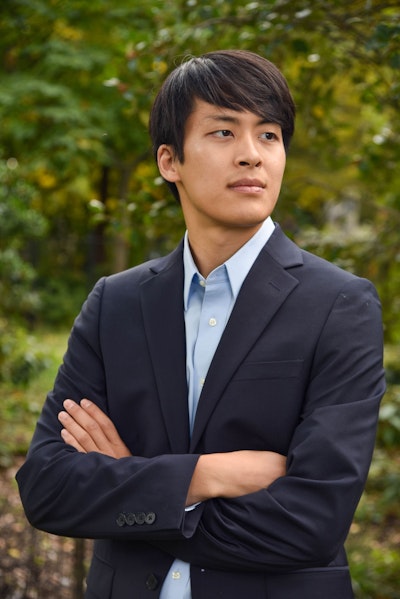
As authors, who or what would you say are some of your greatest creative influences and/or sources of inspiration in general?
Julia: Gail Carson Levine, Tomi Adeyemi, Sabaa Tahir, Blake Crouch, Andy Weir, Sara Bareilles, Lizzy McAlpine, Cody Fry. Also, I love The Hunger Games. All of my stories are inspired and informed in some way by lived experience.
Brad: Nancy Farmer, Ralph Ellison, Chang-Rae Lee, Ta-Nehisi Coates, Leo Tolstoy, Martin Luther King, Jr. and many more!
What’s a question you haven’t been asked yet but that you wish you were asked (as well as the answer to that question)?
What’s the message of The Last Tiger? What do we want readers to take away?
We know young people are growing up today in a world that’s full of challenges. A world that feels like it’s broken in so many ways. And it can be easy to feel lost, or confused in that world, to not know where to look to find hope. Our message is that we’re not alone in facing difficult times—the biggest thing we hope young people can take away from our story is that we can look to our heritage, and remember that our ancestors not only survived some of the darkest times in history, they found the love in their hearts, and the strength, to carry them through. To build something beautiful and different on the other side of suffering. Even in the darkest of nights, you can still see the stars. So we want young people to feel that if our grandparents could meet their moment, then maybe we can meet ours. Our wish is for The Last Tiger to be a source of hope for young people, and hopefully even to inspire others to learn more about their own ancestors’ stories.
What advice might you have to give for any aspiring writers out there?
If you want to be a writer, WRITE! It’s hard to start something. It’s even harder to finish it. Go for it! You never know where one story might take you.
Are there any other projects you are working on and at liberty to speak about?
We are busy working on our next YA novel with Penguin, an existential sci-fi comedy thriller—stay tuned! Julia’s debut middle grade novel, Shim Jung Takes the Dive, will be released next year, and Brad is currently at work on a memoir project.
Also, I (Julia) am working on the next draft of my musical, Dive!
Finally, what books/authors would you recommend to the readers of Geeks OUT?
For more about the history of Japanese occupation over Korea, check out Under the Black Umbrella by Hildi Kang.

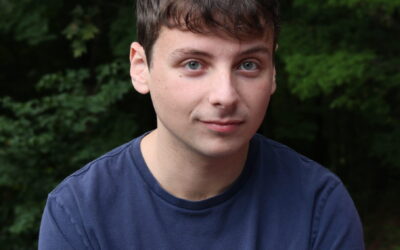

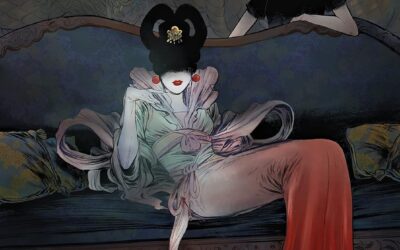
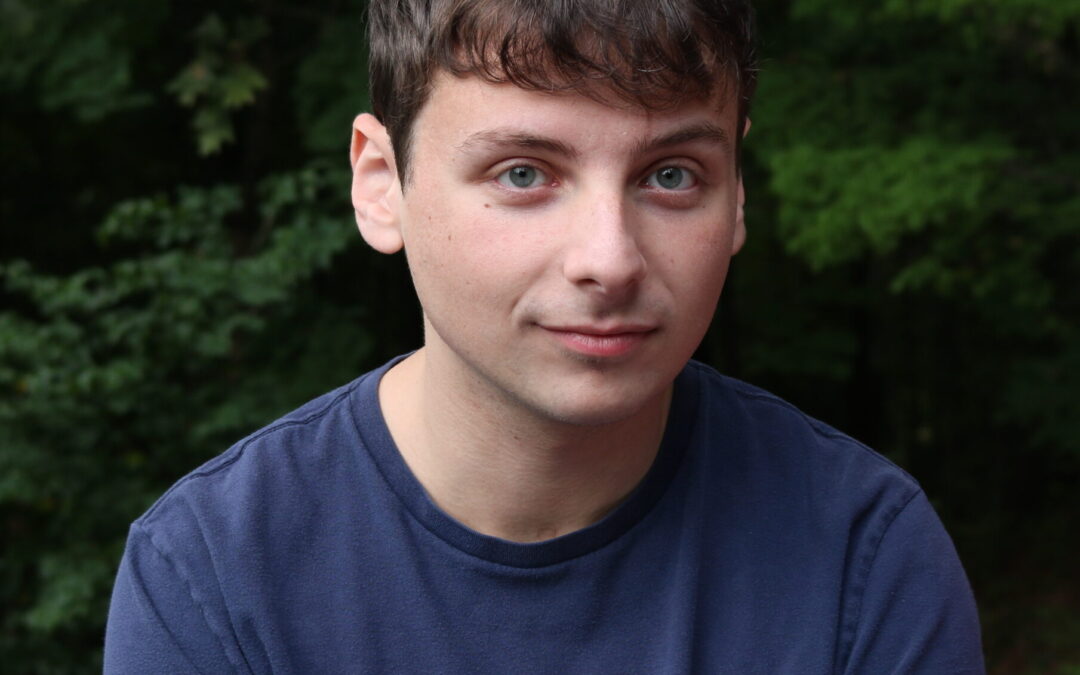

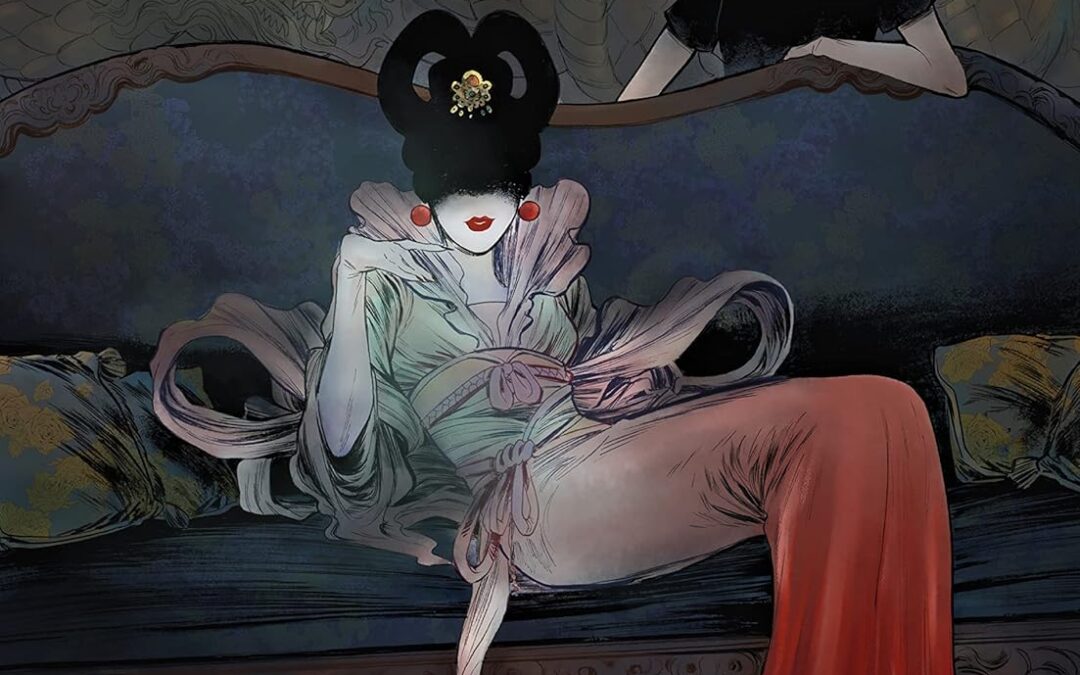
0 Comments